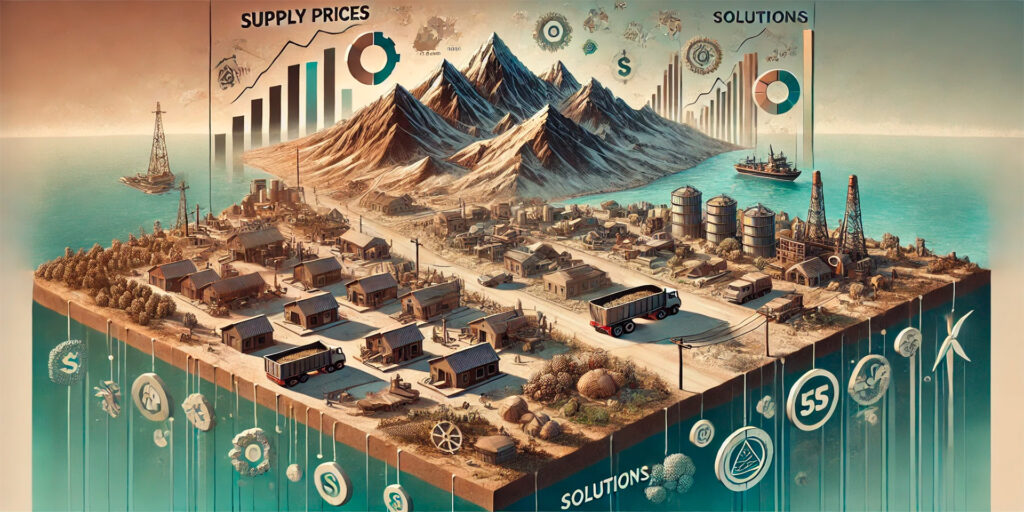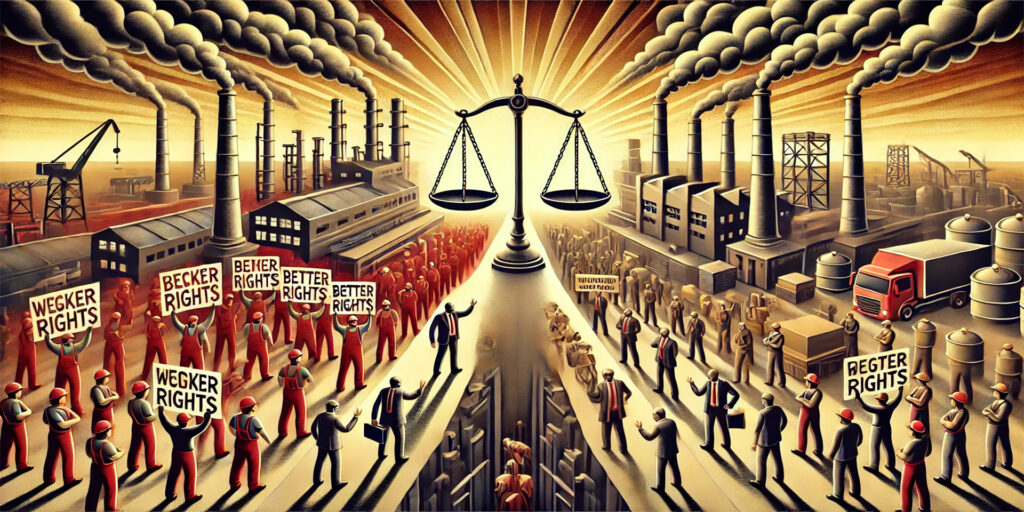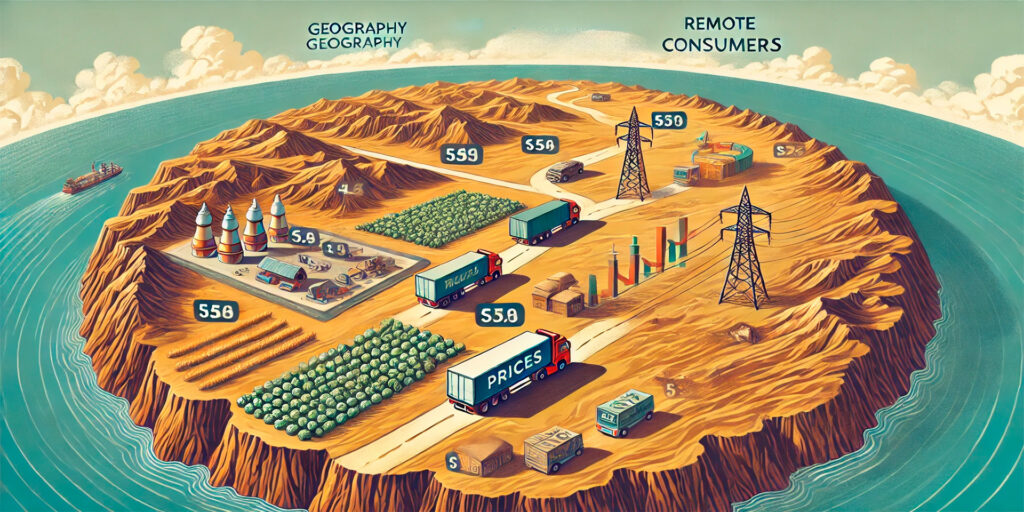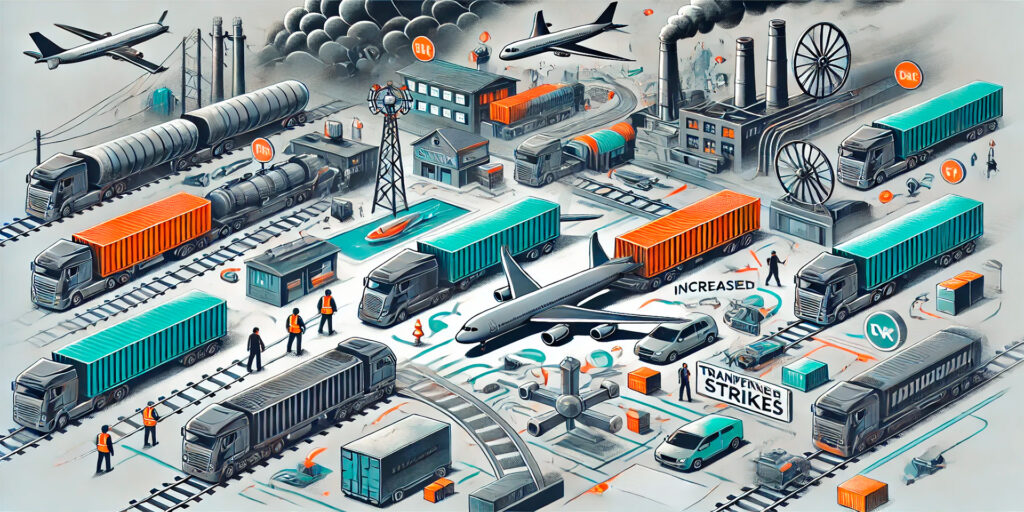Overcoming the High Cost of Living in Remote Areas: Solutions for Isolated Economies
Geographical isolation significantly affects the cost of goods in remote areas, primarily due to the distance from major transportation hubs and logistical challenges. Remote economies face higher prices for essential goods and services because of increased transportation costs, limited infrastructure, and supply chain complexities. As businesses in these areas struggle to meet demand while managing higher overhead costs, the economic burden is often passed on to consumers in the form of higher prices. Understanding how geographical isolation impacts the cost of goods is crucial for addressing economic disparities between urban centers and remote regions.




